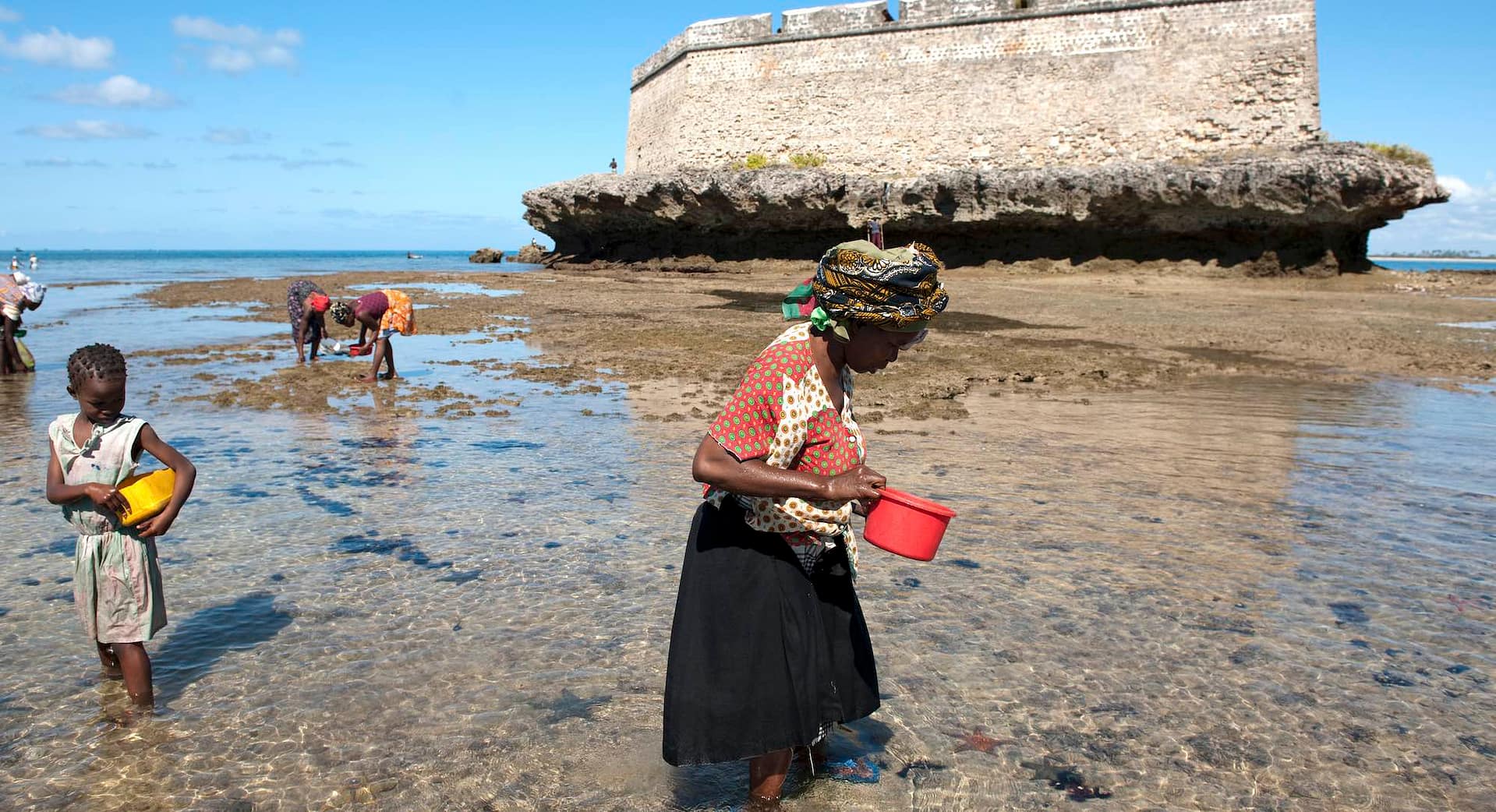Community-Based Natural Resource Management:
Resilient livelihoods
Supporting livelihoods, increasing resilience
As a people-centred approach to conservation, CBNRM supports the livelihoods of local communities and increases their resilience to external shocks. Environmental shocks such as drought or floods are expected to increase with climate change, making CBNRM a key intervention to increase resilience among rural African communities. International markets and trade for valuable local resources diversify rural livelihoods by providing alternative income streams and job opportunities in new economic sectors.
Developing the wildlife economy
Indigenous plants and animals are generally more resilient to climate-related challenges than domesticated animals and crops. Service-based industries such as tourism provide numerous employment opportunities, while those that place a premium on plant and animal products (e.g. medicinal plants, trophy hunting) can generate high financial returns whilst maintaining sustainable harvest rates. CBNRM allows local communities to develop their own wildlife economies by exploring the options most suited to their particular circumstances, thus supplementing and climate proofing their livelihoods.
Creating opportunities for entrepreneurship
Developing private sector partnerships to reach international markets creates more than just direct revenue for community-based organisations and jobs. These industries create opportunities for community members to sell crafts and fresh produce. Communities may choose to set up their own campsites or lodges and establish cultural centres or activities that provide guests with a deeper insight into traditional African cultures.
Skills development and capacity building
Community-based organisations build the capacity and skills of their leaders and staff members in the fields of financial and human resources management, conservation and wildlife monitoring, and hospitality. Community members who work at lodges and hunting camps can pursue careers in these industries that could otherwise be difficult for them to enter. Some community members may choose conservation careers with government and non-governmental organisations that support CBNRM after being exposed to this field through their community-based organisations.
Linking with emerging global markets
Global funding schemes relating to climate change and biodiversity conservation provide an opportunity for community-based organisations to increase their revenue. Carbon markets and Payment for Ecosystem Services schemes are among the new opportunities that communities could access, provided that the barriers to their participation are not prohibitively high.While some pilot projects exist in Southern Africa, more needs to be done to link local communities with these global markets.
